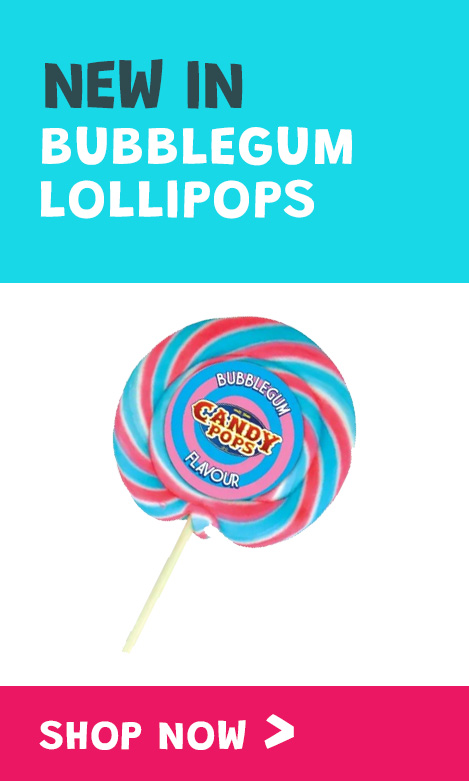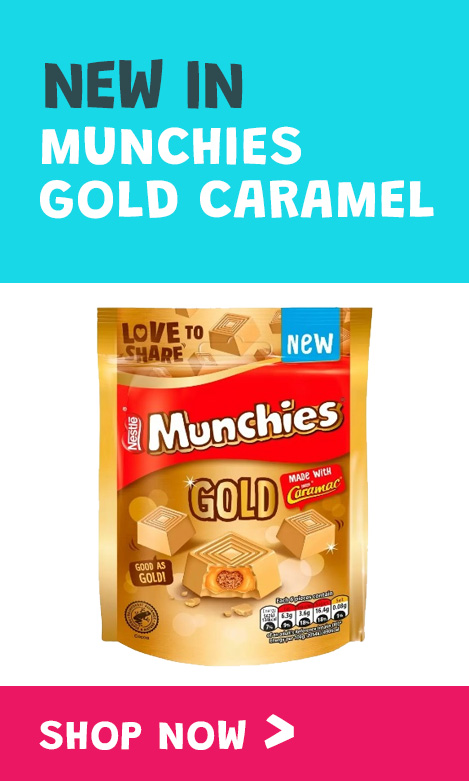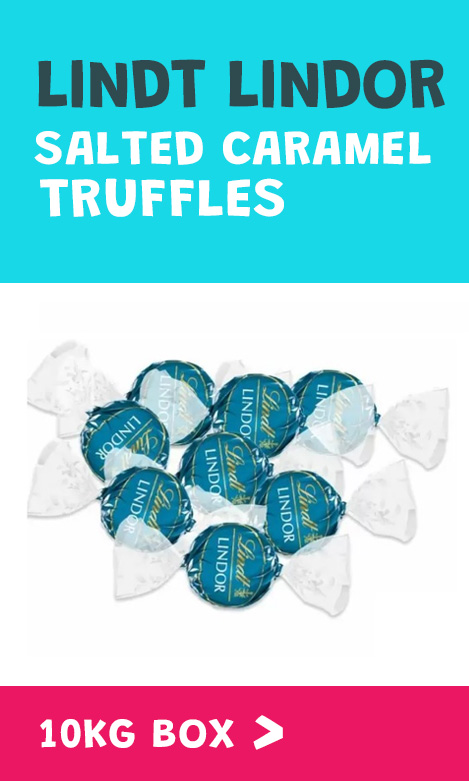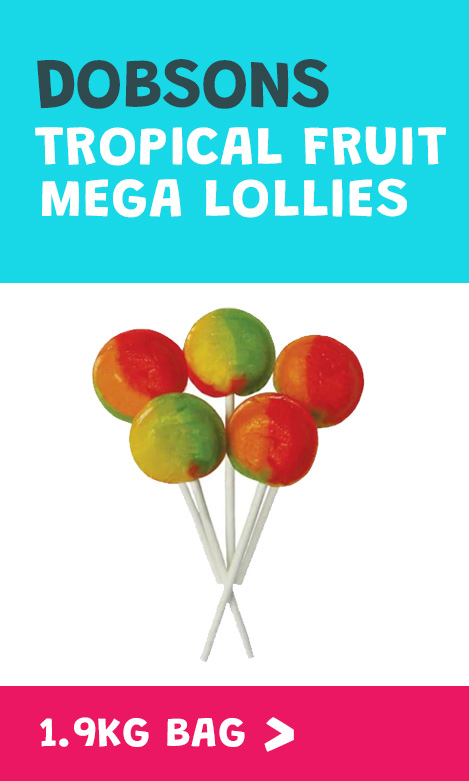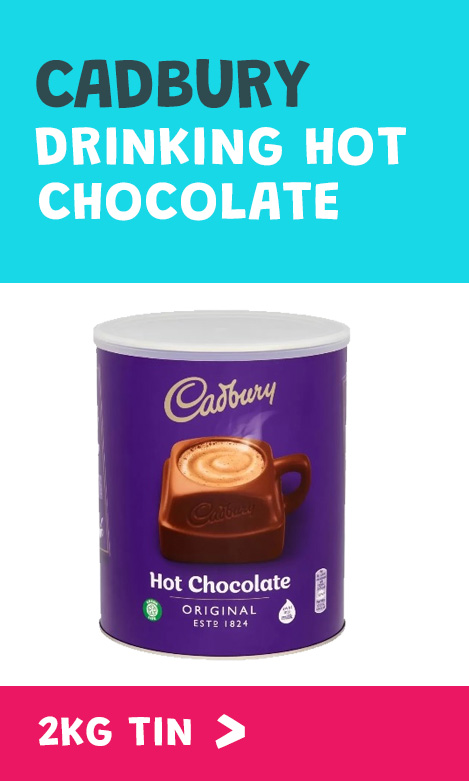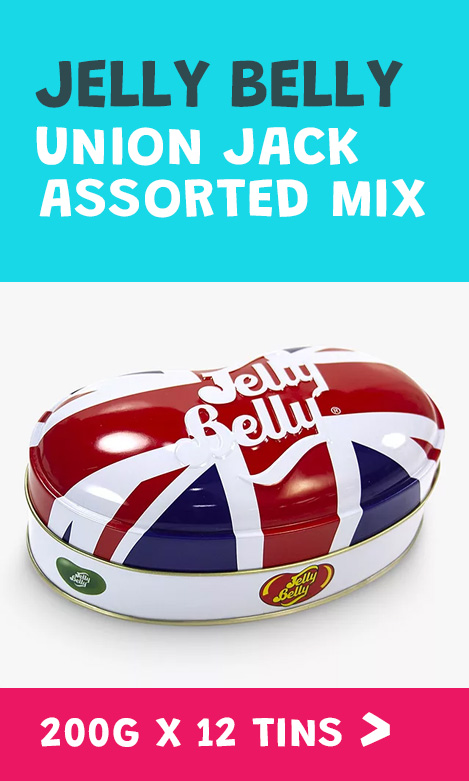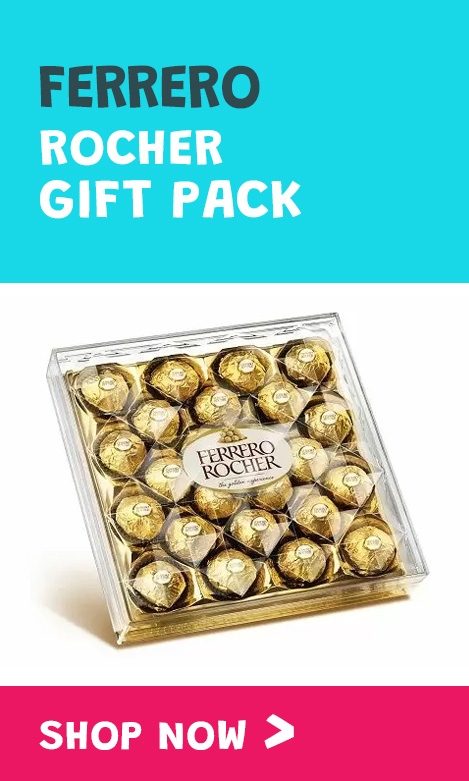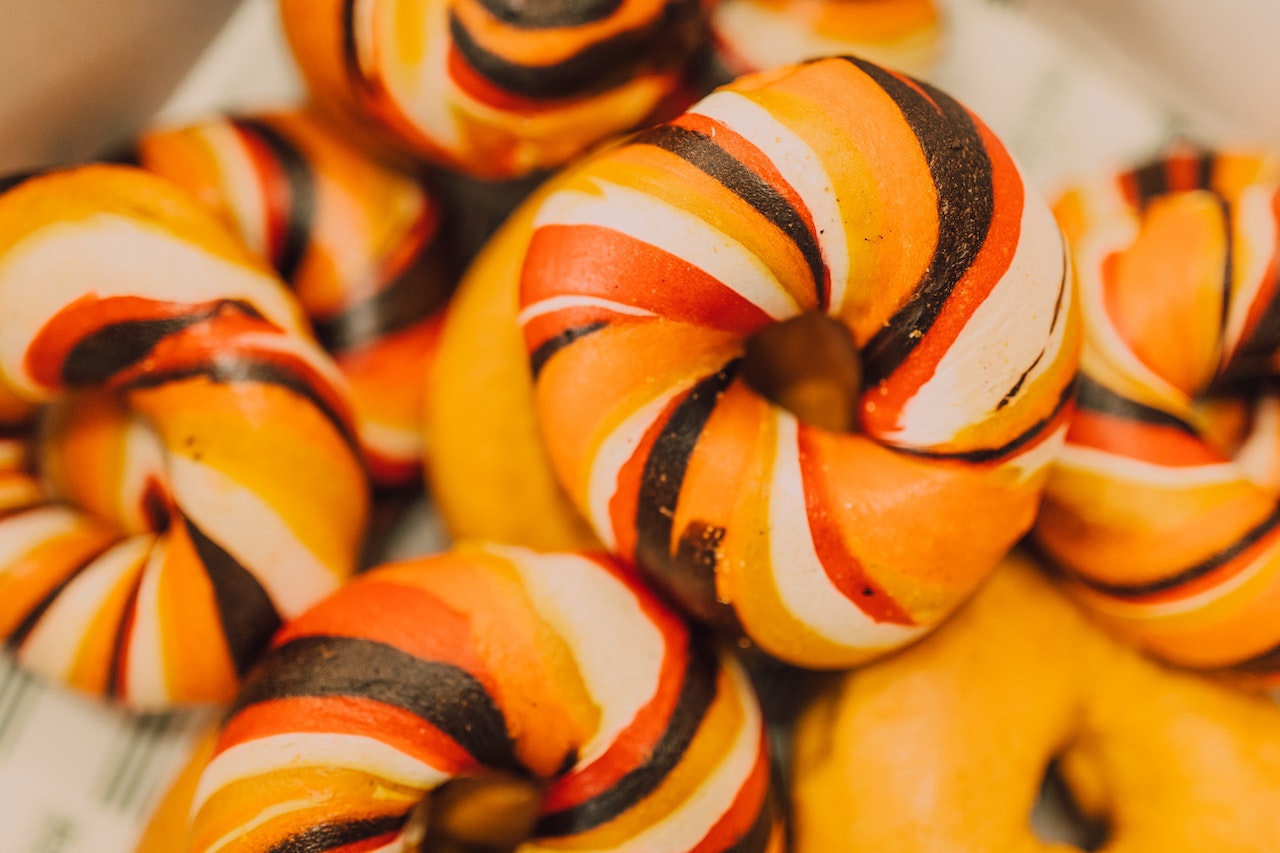Sweets are a type of food many people enjoy because they are often very sweet. However, there are some restrictions on what types of sweets Muslims can eat, as Islamic law requires that sweets be halal.
Muslim culture has always been renowned for its delicious sweets. Halal sweets, in particular, have been enjoyed by Muslims since the early days of Islam. The spread of Islam throughout the world has resulted in a mixing of different cultures, which has led to the creation of some of the most mouth-watering sweets the world has ever seen.
Why Sweets Need to Be Halal
Some people may wonder why halal sweets are necessary if they taste similar to regular sweets. The answer is that halal sweets must comply with Islamic law and the Quran. This means they also follow the dietary guidelines set out by Muslims. This ensures that the food we consume is pure and clean.
When eating halal sweets, people can be sure that the animals whose products were used to make the sweets were killed humanely.
What Are Halal Sweets?
For gelatin to be halal, it has to come from a halal animal, like a cow or a chicken. The animal has to be slaughtered in a certain way and the gelatin has to be extracted in a certain way. Many manufacturers use gelatin that is not halal, so it is important to check the label to see if it is halal gelatin or not.
A lot of sweets in the market contain pork gelatin. Halal sweets do not contain pork gelatin. Beef gelatin is also only halal if the animal is slaughtered in a halal way.
For sweets to be halal, they cannot contain any alcohol. The flavour of the sweets does not make them halal or haram; it is only the ingredients that matter. Most of the time, the only difference between halal and haram sweets is the ingredient list.
What Halal Sweets Are Made Of
Gelatin is a common ingredient in many sweets and desserts. It is made from animal products, usually pork or pork by-products, and is therefore not considered Halal unless the gelatin is Halal. Halal sweets must be made with beef gelatin approved as Halal. This means that the gelatin can only come from Halal sources.
3 Popular Halal Sweets
-
Turkish Delight
Turkey is a renowned producer of halal sweets, and one of the most popular kinds is Turkish delight or Lokum. This melt-in-your-mouth confection is made of starch and sugar and flavoured with natural aromatics like rosewater, mastic, Bergamot oranges, or lemon. It is often dusted with icing sugar or cocoa powder; nuts like pistachios or hazelnuts are sometimes added to the mix.
-
Kunafa
Kunafa is a Palestinian dessert made from cheese-filled phyllo pastry that is soaked in sweet, sugar-based syrup. It is often served with a sprinkling of pistachios or almonds on top.
-
Halva
Halva is a sweet treat that is popular in many countries in the Middle East. It is made from tahini (sesame paste), sugar and often flavoured with pistachios, almonds, or other nuts. It has a crumbly texture and is often eaten as a snack or dessert.
Conclusion
Halal sweets are made without using ingredients that are not permitted in Islam. This includes things like alcohol, gelatin, and certain types of flavouring. While many different halal sweets are available, some of the most popular include Turkish delight, kunafa and halva.
Wholesale Sweets is a cash and carry wholesale sweet provider, offering everything you can possibly imagine, from boiled and fizzy sweets to candy canes and chocolate. Better still, we even offer sweets tailored to specific dietary requirements like halal, vegan, sugar-free and gluten-free, to name a few. So no matter what you need, you’ll feel like a kid in a sweet shop! Buy sweets in bulk and have a dessert blast at your wedding!



